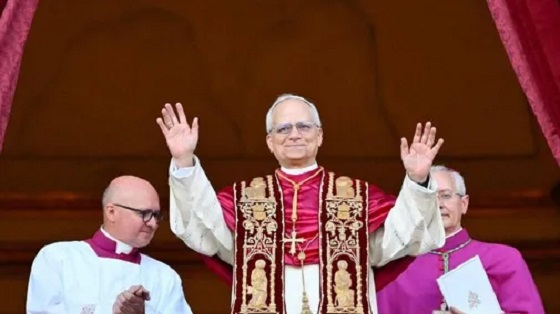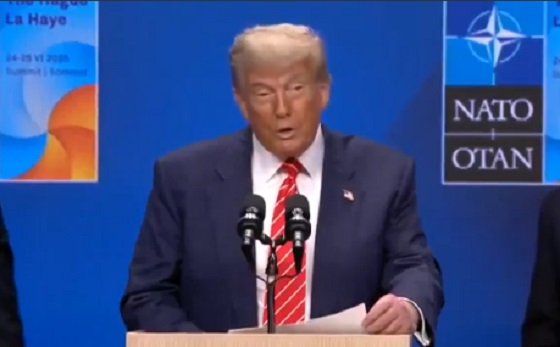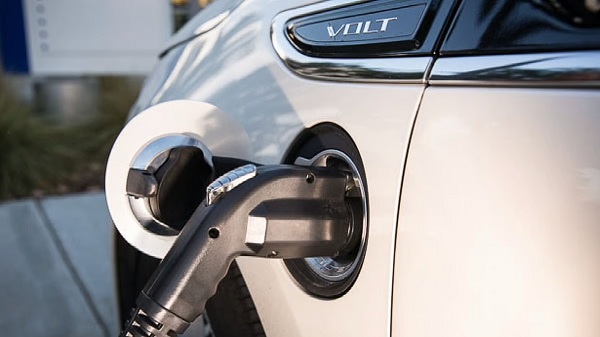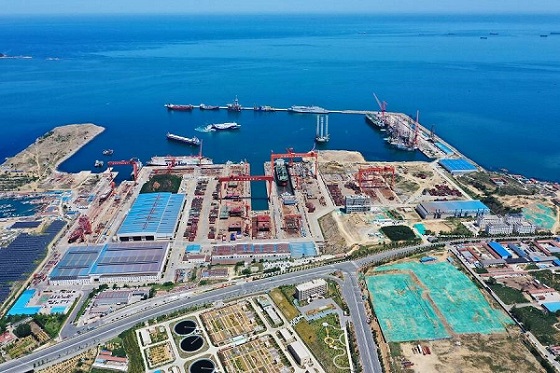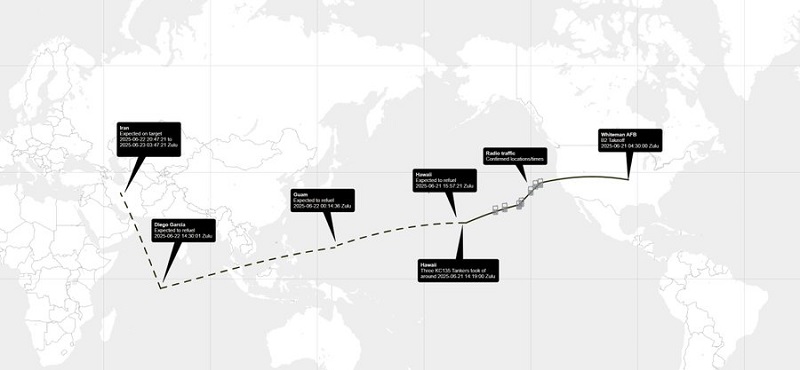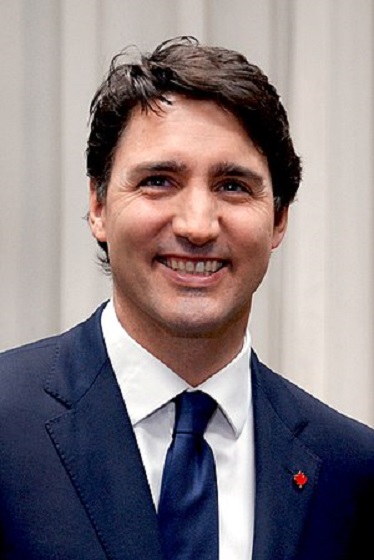President Donald Trump heads home from the NATO summit in the Netherlands touting a slew of international successes, including the member nations committing to more than doubling their defense spending.
In addition, Trump is taking a victory lap after Israeli officials supported Trump’s claim that the U.S. “obliterated” Iran’s key nuclear sites, following media reports disputing the overall success.
NATO partners, comprised of 32 member nations, agreed to Trump’s demands that the countries increase their defense spending to 5% of GDP. The proposal initially had been met with resistance, given that the current spending threshold is 2%.
However, in recognition of Russian aggression and terrorism threats on member nations, the leaders agreed to increase their spending by 2035 substantially.
“United in the face of profound security threats and challenges, in particular the long-term threat posed by Russia to Euro-Atlantic security and the persistent threat of terrorism, Allies commit to invest 5% of GDP annually on core defence requirements as well as defence-and security-related spending by 2035 to ensure our individual and collective obligations, in accordance with Article 3 of the Washington Treaty,” according to a statement signed by the member nations.
The member nations say the 5% spending “commitment will comprise two essential categories.”
“Allies will allocate at least 3.5% of GDP annually based on the agreed definition of NATO defence expenditure by 2035 to resource core defence requirements, and to meet the NATO Capability Targets. Allies agree to submit annual plans showing a credible, incremental path to reach this goal. And Allies will account for up to 1.5% of GDP annually to inter alia protect our critical infrastructure, defend our networks, ensure our civil preparedness and resilience, unleash innovation, and strengthen our defence industrial base,” the statement said. “The trajectory and balance of spending under this plan will be reviewed in 2029, in light of the strategic environment and updated Capability Targets.”
The member nations also underscored their commitment to supporting Ukraine, a non-member nation, from continued Russian aggression.
Trump met with Ukrainian President Volodymyr Zelenskyy during the summit. This was the second time the leaders had met since their publicly contentious meeting in the Oval Office in February.
The meeting was reported to be friendly, with the Ukrainian leader praising Trump for leading a “successful operation” in Iran.
Zelenskyy said the pair discussed the embattled Eastern European country’s plan to purchase military equipment from the U.S.
“We discussed the protection of our people with the President – first and foremost, the purchase of American air defense systems to shield our cities, our people, churches, and infrastructure. Ukraine is ready to buy this equipment and support American weapons manufacturers. Europe can help. We also discussed the potential co-production of drones. We can strengthen each other,” Zelenskyy posted to X Wednesday afternoon.
Trump characterized the meeting as “good,” adding that Zelenskyy “couldn’t have been nicer.”
The president stressed his commitment to ending the war between Ukraine and Russia, adding that he would be talking to Vladimir Putin.
“I think [Zelenskyy would] like to see an end to this… I think it’s a great time to end it. I’m going to speak to Vladmir Putin; see if we can get it ended,” Trump told reporters.
The president also addressed many questions concerning Iran, strongly disputing what he is characterizing as “fake news” reports that the U.S. airstrikes did minimal damage to the nuclear facilities.
“We’ve collected additional intelligence and we’ve also spoken to people who have seen this site – and the site is obliterated,” Trump told reporters.
The president shared a letter from the Atomic Energy Commission of Israel that described the strike as “devastating,” adding that strikes on Fordow “destroyed the site’s critical infrastructure and rendered the enrichment facility totally inoperable.”
Trump added that he would be speaking with Iranian officials next week on the next steps for the Islamic Republic.
